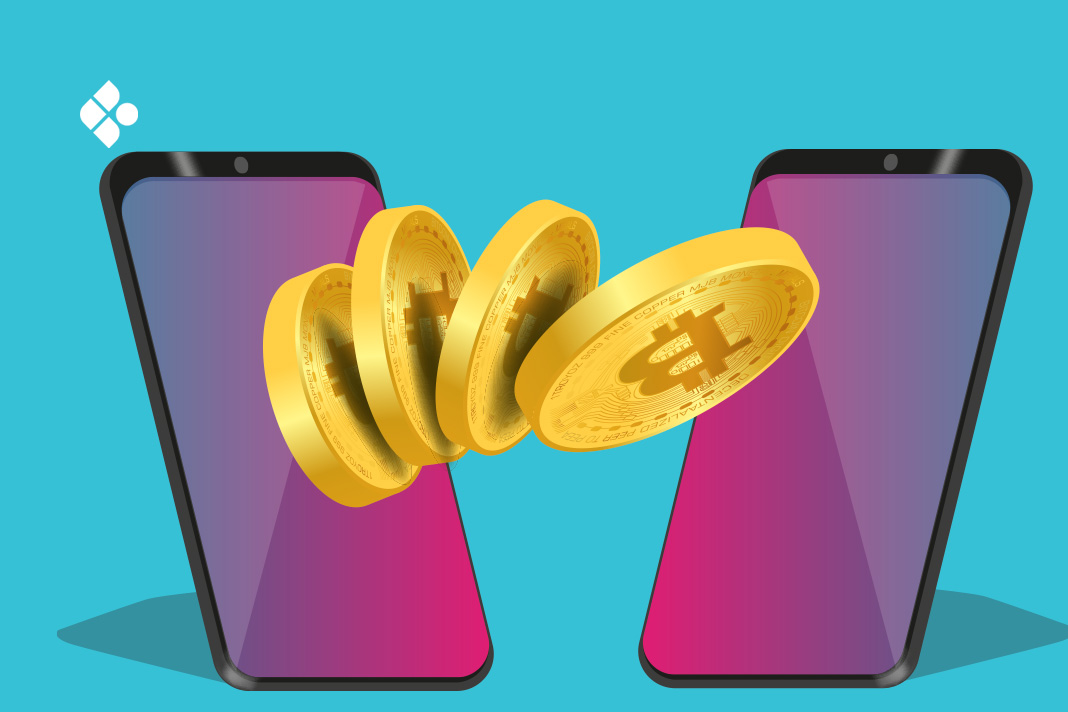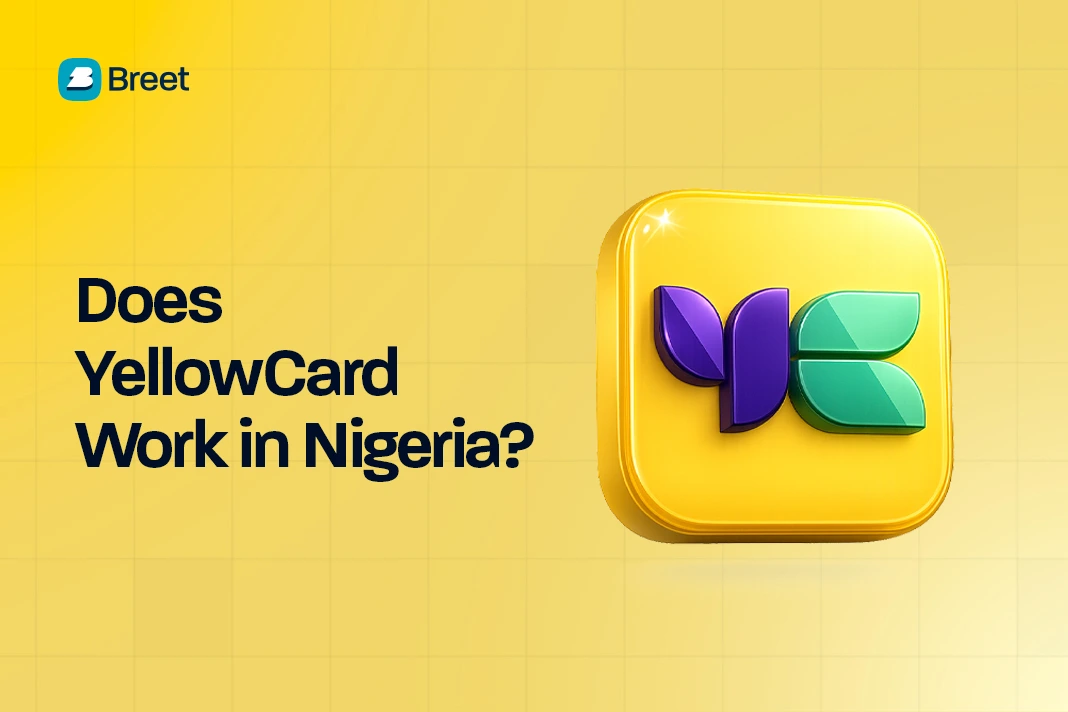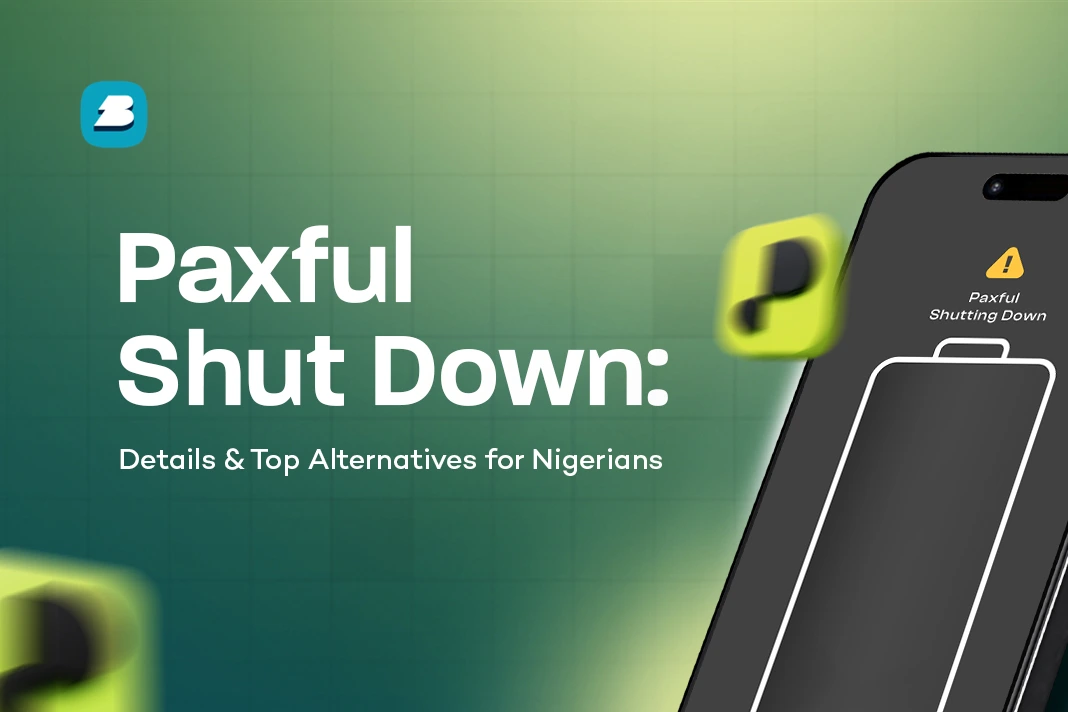So, you’ve got some Bitcoin, and now you’re wondering how to cash out. Maybe the market just pumped and you’re ready to take profits, or you simply need to sell your Bitcoin for Naira (or cedi) and handle real-life business. Either way, you’re not alone; selling Bitcoin can feel confusing at first—especially with all the wallet addresses, fees, and platforms out there. But here’s the good news: centralised exchanges have made it way easier. You don’t need to be a blockchain wizard to sell your crypto safely and quickly.
In this guide, I’ll walk you through the exact steps to sell Bitcoin on a centralised exchange. No fluff. Just clear, simple instructions—even if this is your very first time. Let’s get into it.
What are Centralised Exchanges?
Centralised exchanges are crypto platforms where you can participate in the market. They give you the leverage you need to interact with the market. You can buy or sell your crypto assets on centralised exchanges.
They are primarily called centralised because third parties (central authorities) are often involved in the transaction execution process. Buyers and sellers on centralised exchanges trust the exchange to help them manage their assets.
This can be compared to the traditional banking system. Customers trust banks to manage their money. In return, the banks guarantee the security and management of their customers’ assets under agreed-upon terms.
Steps to Selling Your Bitcoin on Centralised Exchanges
You must follow certain steps to ensure a smooth selling process when selling your Bitcoin on a centralised exchange.
Step 1: Find and Download the centralised exchange app
The first step is identifying a centralised exchange that works best for you. Then, you can download the application on your mobile or use the web version of the exchange on your browser.
Step 2: Create an account on the centralised exchange
After downloading the mobile app of the centralised exchange you wish to use, you can set up your account by clicking on “register” or “create a new account” and following the prompts.
You must also complete your KYC by submitting identification documents for verification. Depending on the exchange, you will need to submit a government-issued ID like a driver’s license, voters’ card, or international passport.
The details on your chosen ID must match those in your profile on the exchange.
Step 3: Transfer/Buy Bitcoin to the centralised wallet created via deposit options
To initiate the sale of your Bitcoin, your account must be funded either by receiving Bitcoin into your newly created account on the centralised exchange or via buying Bitcoin on the platform via dedicated transaction gateways on the exchange.
Step 4: Go to your spot wallet
After signing into your account on the centralised exchange, you can open your wallet, which contains your crypto assets.
For some exchanges, you’d see the assets under the spot section of your wallet. Click on Bitcoin (BTC) in the list of assets provided.
Step 5: Initiate your withdrawal
You can press the withdrawal or sell button after clicking Bitcoin from the list of crypto assets provided.
After clicking the withdrawal or sell button, you might be asked to supply your bank information to receive your Bitcoin as fiat currency according to the specifications of your currency where you live.
Alternatives to Crypto Exchanges in Nigeria
Since the Central Bank of Nigeria (CBN) banned financial institutions from facilitating crypto transactions, traditional centralised exchanges are no longer a direct option for Nigerians. But that doesn’t mean you’re stuck with your Bitcoin.
Many people now use peer-to-peer (P2P) platforms or over-the-counter (OTC) services to buy and sell crypto. These alternatives allow you to trade directly with other users or through platforms that simplify the process.
One popular option is Breet—an OTC platform that lets you instantly convert your Bitcoin (and other cryptocurrencies) to Naira without needing to deal with other traders or wait for confirmations. It’s fast, secure, and built specifically with the Nigerian market in mind.
If you’re uncomfortable with the complexity of P2P trades or want to avoid the risk of scams, platforms like Breet can save you a lot of stress. They eliminate the need to find a buyer, negotiate prices, or worry about escrow—everything is automated.
In short, even without centralised exchanges, you’ve still got solid, safe alternatives.
Best Practices While Selling Bitcoin on Centralised Exchanges
Selling Bitcoin on centralised exchanges is relatively straight-forward. However, there are some best practices you have to follow to make the process even more seamless.
- Choose a Good Exchange: This is the most important part. Make sure you pick a reputable exchange, has strong security measures, has liquidity and provides withdrawal options that fit your needs.
- Check Fees: Fees for Bitcoin transactions may vary from exchange to exchange. So, it’s important to check the fees before selling your Bitcoin.
- Enable 2FA: Make sure your account on the exchange is secured. Use all the provided security features, like two-factor authentication, to ensure all transactions on your account originate from you.
Top Centralised Exchanges in 2025
Below is a list of top centralised exchanges in the crypto space that you can use as a medium of exchange for your bitcoin
- Binance
- Coinbase
- KuCoin
- Kraken
- HTX
- Gate.io
- OKX
- MEXC
- Bybit
- Bitget
These are only a few centralised exchanges operating within the crypto space.
Frequently Asked Questions (FAQs) About How to Sell Bitcoin on Centralised Exchanges
Is Selling Bitcoin Illegal?
Selling Bitcoin is not generally illegal. Different countries, however, have regulations regarding this.
Can You Sell Bitcoin for Cash?
Yes. Bitcoin can be exchanged for cash on centralised exchanges. You can also convert your Bitcoin to fiat in minutes using Breet, a safe and efficient crypto-to-cash trading platform available to Nigerians and Ghanaians.
What’s Bitcoin selling for today?
Although the price varies because of market volatility, you can always check the real-time price of Bitcoin with Breet’s rate calculator.
What Happens When You Sell Bitcoin?
When you sell Bitcoin, the unit you sell is bought by another trader that needs it in the market.
Who Can Sell Bitcoin?
Anyone with Bitcoin in their wallet can sell it. This can be done through crypto exchanges like Breet, which can help you convert your Bitcoin asset to cash quickly and securely.
Conclusion
Selling Bitcoin on centralised exchanges is straightforward, but you need to be cautious—always choose secure, trusted platforms.
In Nigeria and Ghana, where traditional exchanges are restricted, Breet offers a simple, fast alternative. You can convert your Bitcoin to Naira instantly without dealing with buyers or escrow drama.
Ready to sell your Bitcoin the easy way? Try Breet and cash out in minutes.
Conclusion
This piece contains all you need to know about selling your Bitcoin on a centralized exchange. However, it would be best to take precautions when choosing a centralized exchange to trade your crypto asset.
Do your research and identify the best exchange for your crypto transactions. Breet is one of the best crypto-to-cash exchanges, helping you facilitate transactions seamlessly.
Navigating the crypto space requires carefulness. Take note of everything discussed in this piece, and you’ll be sure to navigate seamlessly.







